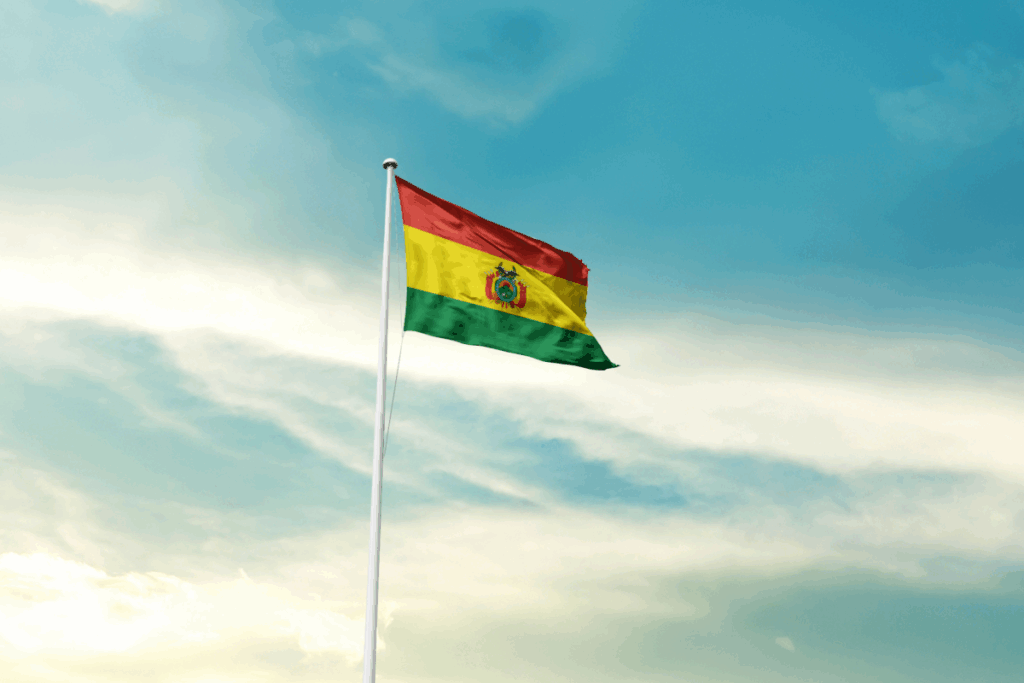Centrist Senator Rides Voter Anger Over Economic Crisis to Historic Victory
Bolivia has elected Rodrigo Paz as its next president, ending two decades of dominance by the leftist Movement Toward Socialism (MAS) and signaling a dramatic political shift for the crisis-hit South American nation.
Preliminary results released late Sunday showed Paz, a centrist senator and former mayor of Tarija, winning 54% of the vote against 45% for former president Jorge “Tuto” Quiroga. “The trend is irreversible,” said Óscar Hassenteufel, president of the Supreme Electoral Tribunal.
“This will be a government that brings solutions,” Paz declared to cheering supporters in La Paz. “Bolivia breathes winds of change and renewal.” His jubilant rally erupted into chants of “¡El pueblo unido jamás será vencido!” — “The people united will never be defeated!”
Quiroga quickly conceded, urging calm amid jeers from his base. “We need maturity right now,” he said, warning that rejecting the result would “exacerbate the crisis.”
From Political Outsider to Reformist Leader
Though Paz has spent over two decades in politics, he entered the race as a relative unknown. The son of former president Jaime Paz Zamora, he surged from the bottom of early polls to capture key working-class and rural regions once loyal to MAS founder Evo Morales, including Cochabamba and the Andean highlands.
His slogan — “capitalism for all” — struck a chord with Bolivians seeking moderation after years of polarized rule. His choice of running mate, former police captain Edman Lara, proved equally decisive. Lara, a populist ex-officer who gained fame on TikTok for denouncing corruption, helped galvanize voters disillusioned with both traditional elites and the MAS establishment.
“It’s time to unite, it’s time to reconcile,” Lara said in his victory remarks. “Political divisions are over.”
Analysts say many Bolivians saw Lara as the emotional center of the campaign. “Lara connects with voters who feel ignored by the system,” said political analyst Verónica Rocha. “For some, he feels more presidential than Paz.”
Economic Challenges Await
Paz takes office amid Bolivia’s worst economic crisis in decades. The country has faced a severe dollar shortage since 2023, pushing inflation to 23%, the highest level since 1991. Fuel lines stretch for days, public debt is soaring, and foreign reserves have dwindled to record lows.
The new president has pledged to end the fixed exchange rate, gradually phase out fuel subsidies, and cut public investment, reshaping the MAS economic model that defined Bolivian policy since 2005. However, Paz insists he will preserve social benefits for low-income citizens and implement reforms cautiously.
“Bolivia cannot afford another explosion in the streets,” Paz said, referencing the 2011 riots that forced Morales to abandon a similar fuel reform within days.
Critics, however, question the feasibility of his plans. “He’s trying to please everyone,” said Rodrigo Tribeño, a voter for Quiroga. “The math doesn’t add up.”
Paz has ruled out seeking aid from the International Monetary Fund, promising instead to raise funds by fighting corruption, cutting waste, and restoring trust in the national currency to draw hidden cash back into banks.
A Fragile Mandate and Uncertain Path Forward
While Paz’s Christian Democratic Party holds a narrow congressional majority, passing major reforms will require careful coalition-building. His promises to balance fiscal discipline with social protection could test both his political skill and Bolivia’s patience.
For now, his win marks the end of the MAS era — and the beginning of a delicate experiment in centrist governance. “Bolivia has turned a page,” Rocha said. “But what comes next will depend on whether Paz can deliver stability without betraying the change he promised.”


